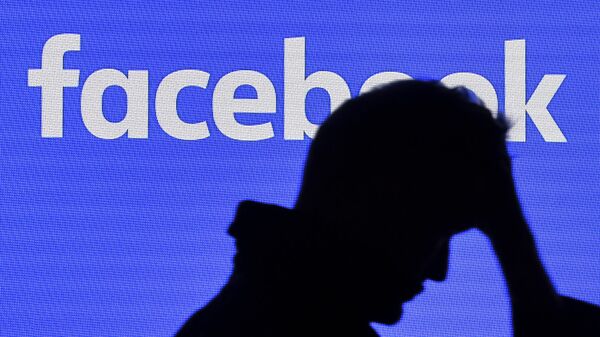A week ahead of an important presidential poll in Sri Lanka, American social media giant Facebook is being accused of spreading propaganda and fake news at a massive level by of civil society and a minister.
Civil society has urged Facebook to keep an eye out for and promptly curb election-related propaganda. The request was made as the country prepares to vote for its next president on 16 November.
The Centre for Policy Alternatives, a leading civil society group in the country, is miffed over what it sees as Facebook's ignorance despite warning about the blatant use of social media to feed voters propaganda ahead of a crucial election in Sri Lanka.
“Ironically, Facebook itself and social media, in general, is rife with reports of the extremely problematic nature of political campaign content, including but not limited to disinformation stoking communal tensions. More recently attacks against members of the Election Commission, all run as ads on Facebook Pages,” Sanjana Hattotuwa, a senior researcher at the Centre for Policy Alternatives, stated in a letter to the Facebook office.
Other members of civil society have also raised the alarm over the absence of transparency tools for monitoring election ads that it built for other countries, including India.
People’s Action for Free and Fair Elections (PAFFREL), another civil society group, has noted that due to the nature of social media, there is a dilemma over how the implementation and enforcement of law and order on Facebook will take effect, especially during the neutral period i.e. 48 hours before the election.
“We have deployed a separate technical team to coordinate with you on any measure that you would think suitable to control and mitigate propaganda activities on Facebook,” PAFFREL said in his letter to Facebook.
Social outrage is growing as Facebook fails to restrict political advertisements that have already been deemed false by third-party fact-checkers.
One more thing. @GotabayaR in 2017 said 'Eliya' - on #Facebook at https://t.co/rhM1cQ8Q0o - is not a racist organisation https://t.co/yTwHYtR1u3. Wonder why it's not just running w/ thinly veiled racist #misinformation, but is currently boosting this content on FB? #lka #srilanka pic.twitter.com/eVkURQ2ic1
— Sanjana Hattotuwa (@sanjanah) September 7, 2019
On Monday, a senior Sri Lankan minister Harin Fernando also accused Facebook of censoring his comments related to the citizenship of presidential election frontrunner Gotabhaya Rajapaksa.
The Sri Lankan government had completely banned Facebook in April and May this year after finding that the social media platform was being used to incite violence against Muslims after the 21 April serial bomb attacks. In 2018, the American firm (Facebook) also failed to act on hate speech, when anti-Muslim riots by Buddhist extremists turned deadly.
Sri Lanka’s Election Commission admitted that this is the “hardest election” ever with 35 candidates, a massive ballot paper length and highly active political campaigns by the contenders on social media.




